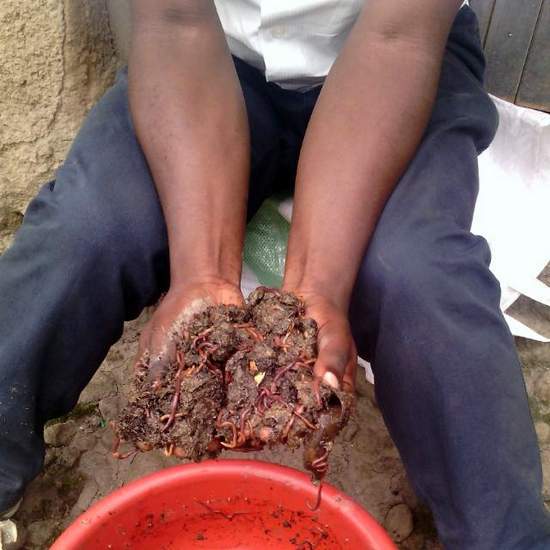Crops need fertilizers to grow. Fertilizers, synthetic or organic, increase the quantity of essential nutrients boosting the growth of crops.
As the global population increases, the demand of food increases too. Often people are using more chemical fertilizers to increase their production. However, many say, the soil composition needs to be maintained by using organic fertilizers, instead of chemical fertilizers.
In June 13th to 16th 2016, Rwanda hosted the 7th Africa Agricultural Science week. The theme was “Apply science, impact livelihood”. During this event, youth have been encouraged to engage in agribusiness and many institution are willing to support them. According the African Development Bank, in Africa, youth unemployment and underemployment constitutes crucial challenges to the continent’s development. If this problem remains unchanged, nearly 50% of youth will be unemployed. No will be hopeless.
Agribusinesses can support these youth, bringing innovation in agriculture through science and technology. This seems very promising, if you look at the examples of young innovators and agripreneurs like Dominique Xavior Imbabazi from Rwanda.
Dominique graduates this July 2016. He has a background in crops sciences from University of Rwanda at the college of Agriculture Animal Science and Veterinary Medicine.
He is making vermicompost, an organic fertilizer obtained after decomposition organic waste by earth worms. Vermicompost is a rich source of soil nutrients, and contains plant growth promoters such as auxins and cytokinins needed for roots and shoots.
Dominique encourages farmers to use this organic fertilizer as it is all-natural: Without depleting the soil, farmers can produce more. He confirmed this after his research project on Irish Potato where he has produced around 26 tons/ha by using combined organic fertilizer made by vermicompost (10tons/ha) and farm yard manure (20tons/ha).
Dominique now plans to establish a commercial vermicompost unit, where people can buy his vermicompost and can be trained about how to use it.
This is a concrete example how African youth can contribute on growing more, naturally: feeding the continent without depleting the continent’s natural soil resources.
Blogpost and picture by Germaine Kayisire, kayiger1(at)gmail.com, #AASW7 social reporter.
This post represents the author’s views only.
This post represents the author’s views only.

No comments:
Post a Comment